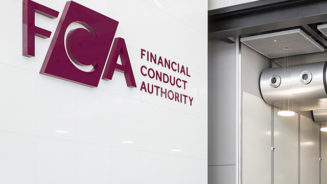But, where does this leave investors?
The central banks’ race to cut interest rates ever lower, is “a very risky way to go”, says Åkerlund, as it forces investors to increase their exposure to higher-yielding assets.
“It’s not a good thing that we are forced to take more risk,” he said. “In the 30% to 50% of the portfolio that is invested in cash and investment-grade bonds, you don’t get any return, so we have no choice but to take more risk in the remaining part of the portfolio.”
For Murray, the advice can probably best be characterised as keep calm and carry on… at a reasonable price.
He told Portfolio Adviser, for those with a reasonable long-term horizon, opportunities are beginning to reveal themselves.
“There is a subtle shift in what our managers are doing,” he said, “they are generally sticking to their style tilts, but have definitely added the ‘at a reasonable price bit’.”
But, he added, there is an increasing lack of depth to markets, as ever more investors sit on the fence.
Wharrier is perhaps more sanguine. Although he expects an ongoing period of low nominal growth that will result in lower profit growth, low and volatile bond yields and ongoing dispersion between winners and losers.
He does believe there will still be winners and, he points out, “Investors should remember that lower interest rates do not equate to a full-blown recession.”
And he adds: “While the market’s response seems understandable in an environment where global growth seems precarious, we would argue that it neglects both the longer-term growth prospects of some well-placed companies, and the valuation differential between companies.”
That the volatility is throwing up opportunities is without doubt. That there remain companies that offer investors good value and the prospect of a sustainable investment is also without question. But, increasingly it feels as though the hunt for such things is fraught; the light obscured by clouds and prey illuminated only by dangerous lightening.




